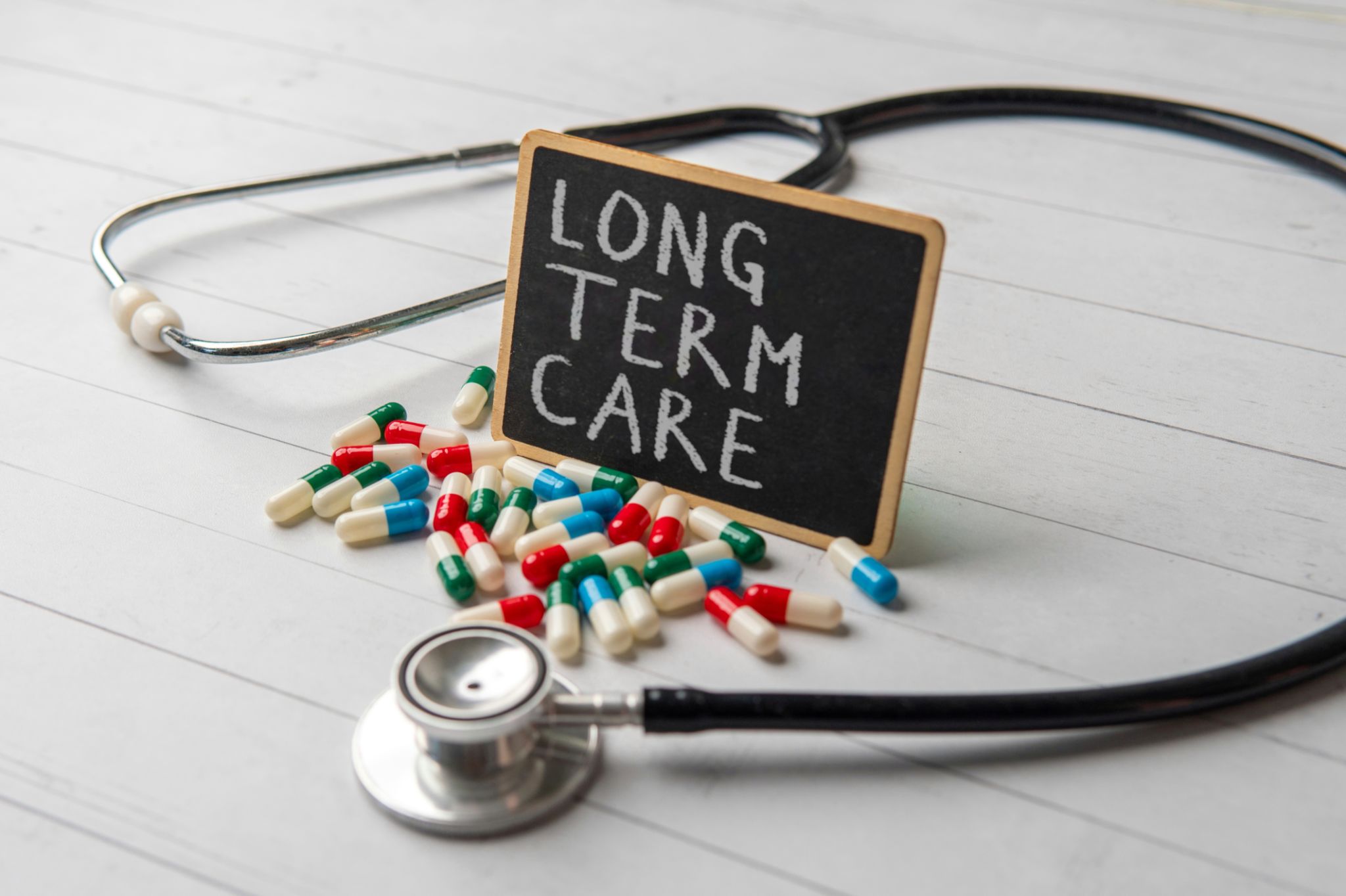The Importance of Community Support in Mental Health Recovery
Understanding Mental Health Recovery
Mental health recovery is a personal journey that involves overcoming mental health challenges and regaining a sense of control and purpose in life. It is a process that varies from person to person, but one common factor that often plays a crucial role is community support. The power of a supportive community can be transformative, providing encouragement, understanding, and a sense of belonging.

The Role of Community in Mental Health
Community support can come in many forms, from family and friends to support groups and online communities. These networks provide a safe space where individuals can share their experiences without fear of judgment. Feeling understood and accepted can significantly reduce feelings of isolation and helplessness, which are common in mental health struggles.
Active participation in community activities can also help individuals develop new skills, build confidence, and foster a sense of accomplishment. Engaging with others in meaningful ways encourages positive interactions and promotes emotional healing.
Benefits of Peer Support
Peer support is a specific type of community support where individuals connect with others who have faced similar challenges. This shared experience creates a unique bond and offers insights that professional support might not provide. Peers can offer empathy, share coping strategies, and inspire hope by showing that recovery is possible.

Building a Supportive Environment
Creating a supportive environment requires effort from both the individual seeking help and those offering support. Open communication and active listening are key components. It's important for supporters to be patient, non-judgmental, and willing to learn about mental health to provide effective assistance.
- Encourage open dialogue about mental health.
- Promote mental health awareness within the community.
- Offer resources for mental health education and services.
Online Communities: A Digital Lifeline
In today's digital age, online communities have become vital for mental health support. These platforms provide anonymity, which can make it easier for people to open up about their struggles. They also offer access to a global network of individuals who can relate to their experiences.

Online forums, social media groups, and dedicated mental health apps offer constant support and resources at any time. They break geographical barriers and create a diverse support network that can enhance the recovery process.
Combating Stigma Through Community Support
The stigma associated with mental health issues remains a significant barrier to recovery. Community support plays a crucial role in combating this stigma by fostering understanding and acceptance. When communities unite to educate themselves and others about mental health, they create an inclusive environment where individuals feel safe to seek help.
This collective effort not only benefits those struggling but also strengthens the community as a whole by promoting compassion and resilience.
The Long-Term Impact of Community Support
The influence of community support extends beyond immediate recovery; it contributes to long-term mental well-being. A supportive network can provide ongoing encouragement and motivation to maintain healthy habits, cope with setbacks, and continue personal growth.

By nurturing these connections, individuals are better equipped to face future challenges with confidence and optimism. Community support is not just an element of recovery; it's an essential foundation for sustained mental health.